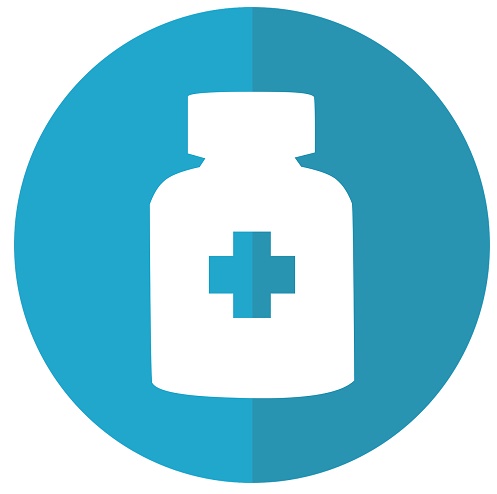Do I Still Need to Take My Low-Dose Aspirin?
June 7, 2019
The short answer is, “Probably yes. But it depends upon your specific circumstances. Let’s talk.”
Daily low-dose aspirin to prevent heart attack and stroke is no longer recommended for healthy adults over age 70, according to new guidelines jointly released by the American Heart Association and the American College of Cardiology. This statement is a reversal of prior guidelines that suggested adults age 50 or older should consider taking low-dose (81 mg/day) aspirin to reduce the risk of cardiovascular problems. The report cited that for older adults without cardiovascular disease, aspirin’s risk of gastrointestinal bleeding outweighs its cardiovascular benefits.
Keep in mind that the AHA also released another report indicating that about half of adults in the U.S. have some form of cardiovascular disease. For many individuals, their form of cardiovascular disease is simply high blood pressure, which is now defined as a blood pressure of 130/80 or higher.
By following our suggestions about diet, sleep, exercise, stress and other lifestyle issues, about 80 percent of all cardiovascular disease can be prevented, including heart attack, stroke, sudden cardiac arrest, atrial fibrillation (AFIB) and heart failure.
Recently, many of my patients with prior stents, or bypass surgery, or heart attack have stopped their aspirin because they heard the latest guidelines said it is unnecessary. This is an extremely dangerous omission; aspirin for people with existing atherosclerotic cardiovascular disease reduces risk of heart attack and stroke by about 25%. And because the full benefits are conferred with just a “baby aspirin” (81 mg), the risk of serious bleeding is very low with this therapy.
You should consult your primary care physician or your cardiologist before starting or stopping daily low-dose aspirin. When people ask me if they should take aspirin, I tell those who don’t have cardiovascular disease to get a Cardioscan to see if they have any calcified plaque in their coronary arteries.
This simple, safe, quick and painless noninvasive test is very accurate and costs only $50 at Saint Luke’s Hospital of Kansas City. Your score should be 0, meaning your coronaries are clean, soft and supple and you almost certainly don’t need aspirin. On the other hand, the higher your calcium score, the higher the risk of heart attack and cardiovascular death in the future.
We need to know if you have plaque growing in the arteries that supply the muscle of the heart, because this is a largely silent killer, and often your first warning can be sudden death or a heart attack. If we find substantial plaque in your coronary arteries on the Cardioscan, part of the protection against a heart attack is to have you take a daily aspirin.
So, I generally recommend a daily low-dose aspirin for most people who have a calcium score above 0, unless they are at increased risk of bleeding due to conditions such as history of gastrointestinal hemorrhage, or if they take oral anticoagulants like warfarin, Xarelto or Eliquis.
If you were a car, your heart would be your engine and your coronary arteries would be your fuel lines. You need these to be running clear, or the engine could sputter and stop. One simple part of the treatment of coronary disease is to take a baby aspirin daily to prevent clots from forming over the plaque, and shutting down flow through the vessel—thereby causing a heart attack or even sudden death.
What you don’t know can hurt you - even kill you. Find out if you have plaque growing in your coronary arteries and we will help make sure you stay safe and healthy for decades to come.
In Good Health,
James O'Keefe, MD





